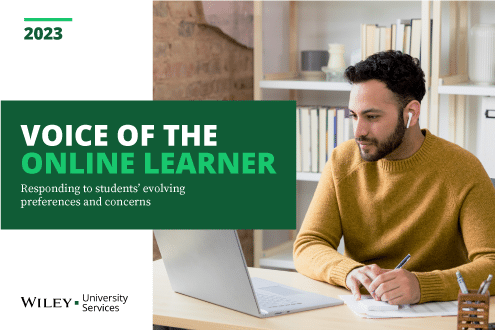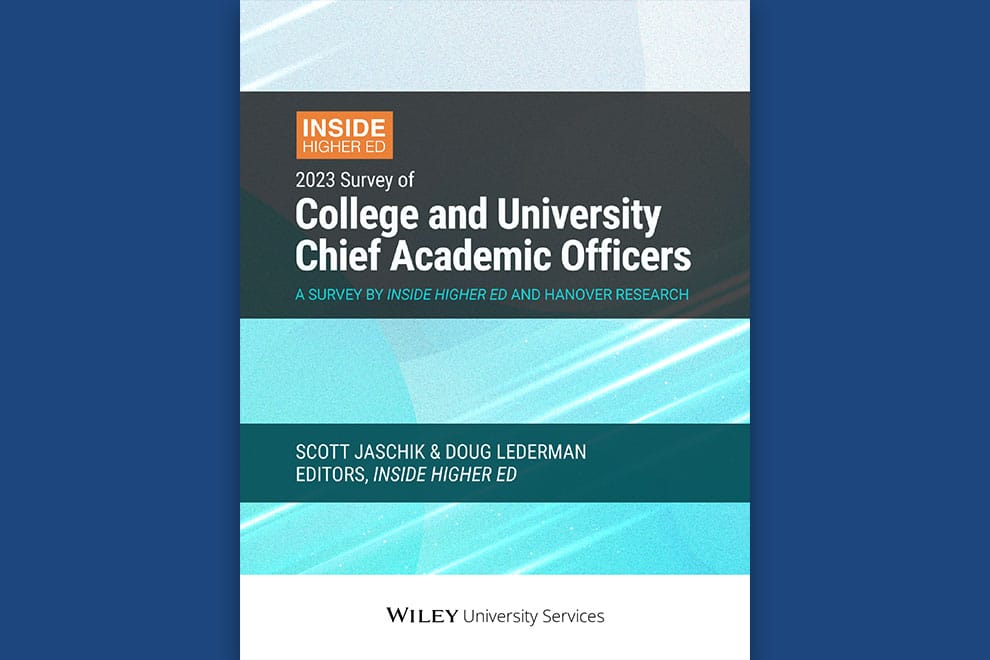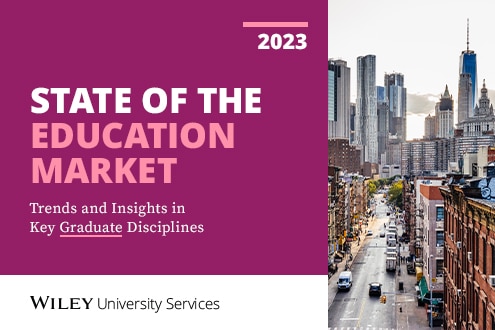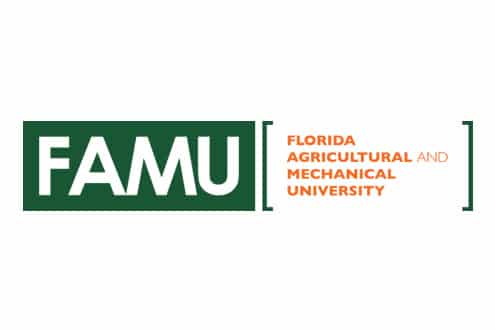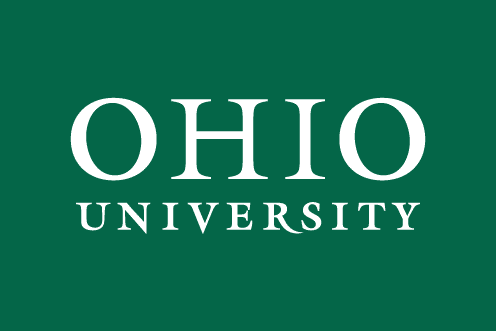
When launching or expanding online programs, many institutions choose to partner with a third- party organization for additional resources and expertise. However, some faculty and administrators may be hesitant to work with a third-party organization for fear that they’ll have to give up control of their content, curriculum, and learning experiences. Fortunately, this doesn’t need to be the case. Third-party organizations who are committed to helping their university partners create high-quality online programs will help faculty transfer their content and knowledge to the asynchronous online environment by filling in process gaps. When the faculty is in charge of the content and the third-party organization takes the lead on the process, both skill sets can be leveraged to build a better online program.
To discuss the topic of third-party partnerships, Wiley University Services sat down with Dr. Susan Cheng from Benedictine University for her insights, experiences, and opinions. Cheng is a distinguished member of Wiley’s Fellows initiative, which aims to foster a community of practice among Wiley’s institutional partners focused on innovative online teaching and learning.
Q&A with Wiley Fellow, Dr. Susan Cheng of Benedictine University
Wiley University Services: Tell us a little about yourself and your university.
Susan Cheng: I am the Department Chair and Assistant Professor of Public Health at Benedictine University. We have one of the largest Masters of Public Health (MPH) programs in the country, with about 500 online students and 200 on-ground students between Chicago and China.
Benedictine University has been in the online space for around 25 years. Can you talk about this history and the institution’s approach to online learning?
Susan Cheng: Benedictine University was one of the first institutions that went into online education. At that time, we did not have the capacity to grow our online programs independently. We knew we needed a partner to provide the structural design and other services to bring our program offerings to the market. We chose to engage in a partnership with Wiley, and by doing so we were able to get our online programs out of the gate much quicker and effectively than we would have if we had executed the initiative in-house.
Twenty five years later, Benedictine and Wiley are still partners. What does Benedictine’s working relationship with an institutional partner look like?
Susan Cheng: At Benedictine, we include Wiley in our team. We have four different departments that work with Wiley individually, and my department has an excellent working relationship with Wiley because we include them in everything. They are invited to monthly department meetings, we talk with them whenever a new idea comes across, and we ask them to do feasibility studies for us. One third of our modality is online education and Wiley provides the services essential to our success in the online space; they are really important players at the table.
In my role as department chair and administrator, I have made sure that there is collaboration at all points because our relationship generates better programs. Rather than dictating to Wiley the new programs that we plan to launch online, we ask them to help us research whether or not a new initiative would make sense. Viewing each other as actual partners and not just as client and service providers makes it a much better working relationship.
Benedictine University’s Successes as an Institutional Partner
What are the advantages of having a long-term relationship with an institutional partner?
Susan Cheng: Having a long-term relationship establishes a certain level of collegiality and partnership that new partners are just starting to develop. We have had several individuals from Wiley work with us over the last four years, and there is a continuing theme of mutual interest and mutual goals. Notably, the Wiley and Benedictine relationship has gotten even closer over the last four years. Regardless of who might be our team lead, we know that we get the high level of support that we need. Being a partner for 25 years gives us that kind of history and trust.
Many times faculty are hesitant to work with an institutional partner. What would you say to another program director or faculty member who has concerns about these types of relationships?
Susan Cheng: When it comes to creating a high-quality online program, there are two big components: process and content. Faculty are the experts in content, but they may lack expertise on the process side. An institutional partnership fills in that process gap. Their process expertise is informed by a wide range of experiences with other academic institutions, as well as their access to innovative technologies. They can make sure that you go from idea into implementation in the most seamless and efficient way possible. As academics, we sometimes struggle to transfer our content to the online, asynchronous environment in a way that is engaging for students. When the faculty is in charge of the content and an institutional partner takes the lead on the process, both skill sets can be leveraged to build a better program.
At first, it can be scary to give up some control, but what you get in return is the partner’s experience and knowledge from working with other academic institutions. You can really leverage that knowledge and experience to offer better online programs. Institutional partners have access to technologies that you may not even be aware of, as well as innovative ideas and pedagogy that may be outside of what you and your colleagues are familiar with internally.
Higher education has changed a lot over the past 25 years. How has Benedictine navigated the changes?
Susan Cheng: Higher education is changing and you don’t want to be left behind because you failed to notice or react. Institutions need to be forward thinking. Rather than reacting to shifts in the higher education landscape, Benedictine has approached and navigated change by proactively thinking about the needs of students and employers.
One of the great advantages to being a partner with Wiley is that we are one of many other partner institutions. In this enclave of institutions and programs, we can be our own think tank and examine how higher education as we know it is changing and work to shape its future. Being part of the Wiley network means we can speak to other institutions about what that change means.
We’ve helped many university and college faculty transition the curriculum to the online environment. To learn more about how we work with faculty or the Wiley Fellows program and its members, visit our Resources page.


